DNA boss Cathie Allen ‘tried to seek retribution’ against scientists
The day before Good Friday in 2018, Queensland DNA lab boss Cathie Allen riffled through confidential bins and took photos of a scientist’s desk space, the DNA Inquiry has heard.

QLD News
Don't miss out on the headlines from QLD News. Followed categories will be added to My News.
Queensland DNA lab boss Cathie Allen has been accused of spending more time trying to “crush” a scientist for raising concerns about testing failures than she did actually trying to fix the major issue she had reported.
Ms Allen was also questioned about whether it was an “invasion of privacy” when it was revealed she had asked senior managers to speculate about which employees may be trying to fall pregnant.
In another day of tense examination before the DNA Inquiry, Ms Allen was also probed over what counsel described as a “completely mad” attempt to seek retribution against three scientists who supported their whistleblower colleague who had raised fears the lab was giving misleading evidence in sexual crime cases.
In 2016, scientist Amanda Reeves reported something was going wrong with the testing of sperm samples collected in the investigation of major crimes including rape and sexual assaults, meaning a DNA match was never obtained.
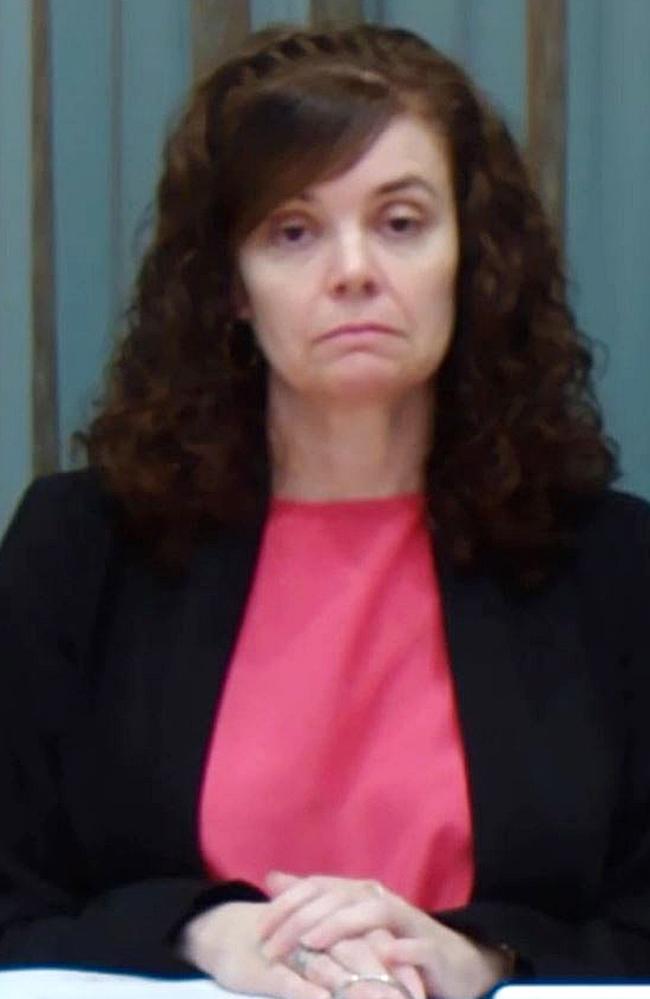
An inquiry into the embattled Forensic and Scientific Services on Monday heard Ms Reeves had reported the issue to her superiors in March of 2016 and by July she was still urging them to take action.
Commissioner Walter Sofronoff KC heard that in December 2016, Ms Allen learned Ms Reeves was contemplating making a public interest disclosure (PID) about the issue.
In an email to the then executive director Paul Csoban on December 12, 2016, Ms Allen asked whether they should advise Queensland Health’s Ethical Standards that Ms Reeves had “discussed internal processes that relate to criminal work with someone from outside the organisation”.
Ms Allen refuted that she was trying to find a way to “punish” Ms Reeves or have ethical standards apply pressure or investigate her, claiming she was simply trying to establish her obligations in relation to a PID.
“What I suggest to you is that rather than seeking to resolve the situation by undertaking an investigation to determine whether there had been a problem over a number of years with how your laboratory was handling samples from sexual violence cases, that instead you set about trying to crush, to put it colloquially, Ms Reeves didn’t you?,” counsel assisting Michael Hodge KC asked.
“No, I did not,” Ms Allen said.
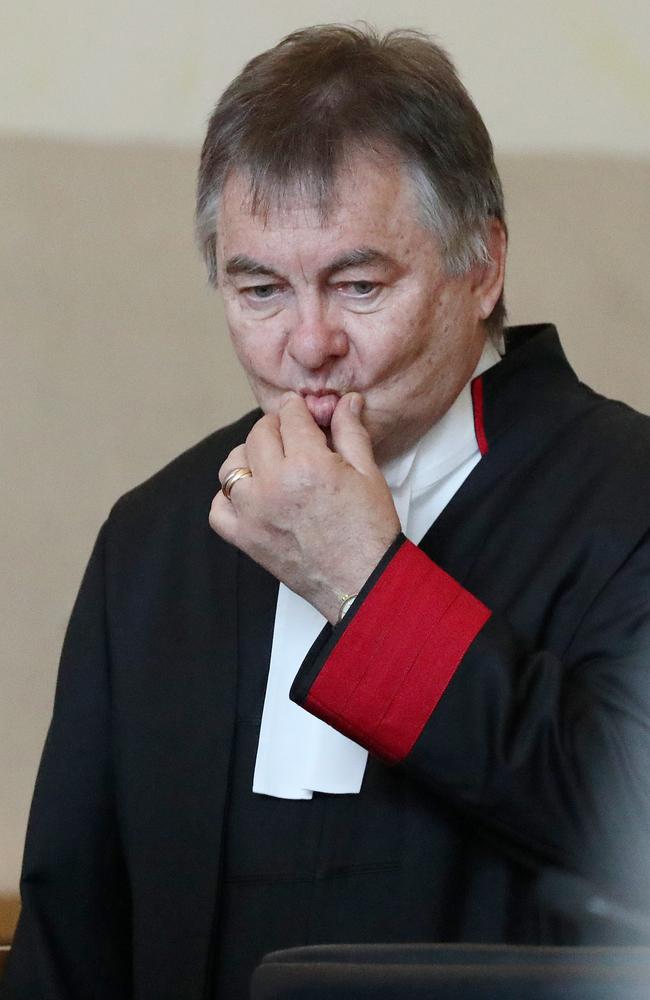
Mr Hodge also raised concerns that when Ms Allen drafted the terms of reference for an Ethical Standards investigation, she left out the details of Ms Reeves original complaint, providing evidence about a separate isolated incident of a false positive result, rather than the systemic problem of false negative results affecting more than six years’ worth of testing that Ms Reeves had warned of.
“What I suggest to you is you deliberately drafted these terms of reference so as not to direct ESR to the issue that had been raised by Ms Reeves,” Mr Hodge asked.
“No that’s not true,” Ms Allen said.
“It is, I want to suggest to you, inexplicable other than by deliberate action that you would not tell them that the reason this is happening is because there were incidents of false negatives being observed that gave rise to a concern about this being a systemic problem for more than six years,” Mr Hodge said.
Ms Allen repeatedly claimed that she gave them the information she did because she did want to “bias them in any direction”.
Mr Hodge told Ms Allen her response made “no sense” because if she did not want to bias the investigation, she would not have provided the paper about the isolated false positive incident.
Ms Allen was also questioned about her pursuit of three scientists who had been present when Ms Reeves was throwing documents into a confidential bin, denying she had ever told another person she wanted to sack them.
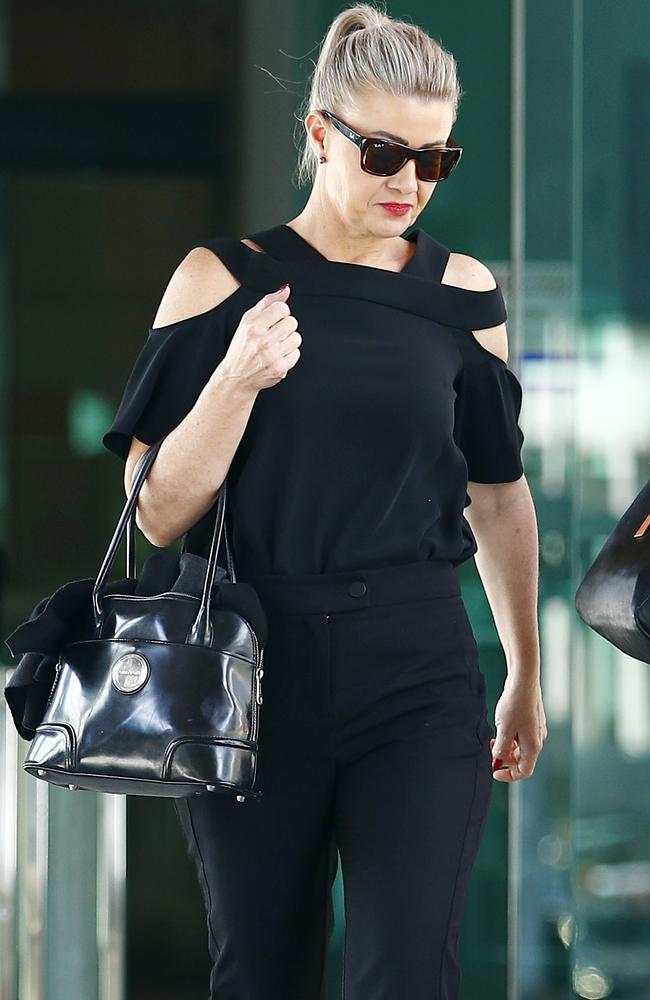
The inquiry heard the day before Good Friday in 2018, Ms Allen had riffled through confidential bins and taken photos of Ms Reeves’s desk space.
The pictures included close up shots of a pamphlet on her desk about what to do if you have been assaulted at work and a desk calendar quote which said “If I’m too strong for some people, that’s their problem”.
She sent the images to human resources the following day on Good Friday.
“When you reflect on it, what do you think it says about your management of the lab that you took the time to photograph and email that pamphlet and that page from a yearly diary or calendar but you never bothered to take the time to review whether sex-assault investigation kits had not been adequately processed for six years?,” Mr Hodge asked.
Ms Allen responded: “I think I’m a human being that had gone through some traumatic times within that past 18 months and other times and that’s why I took the photographs to provide (HR) with that information.”
“I do take it on board as the management team should also take on board that we should have reviewed those cases around false positives from 2010 to 2016,” she said.
Ms Allen denied that her intention in going through the bins and emailing HR about Ms Reeves was an attempt to get her in trouble.
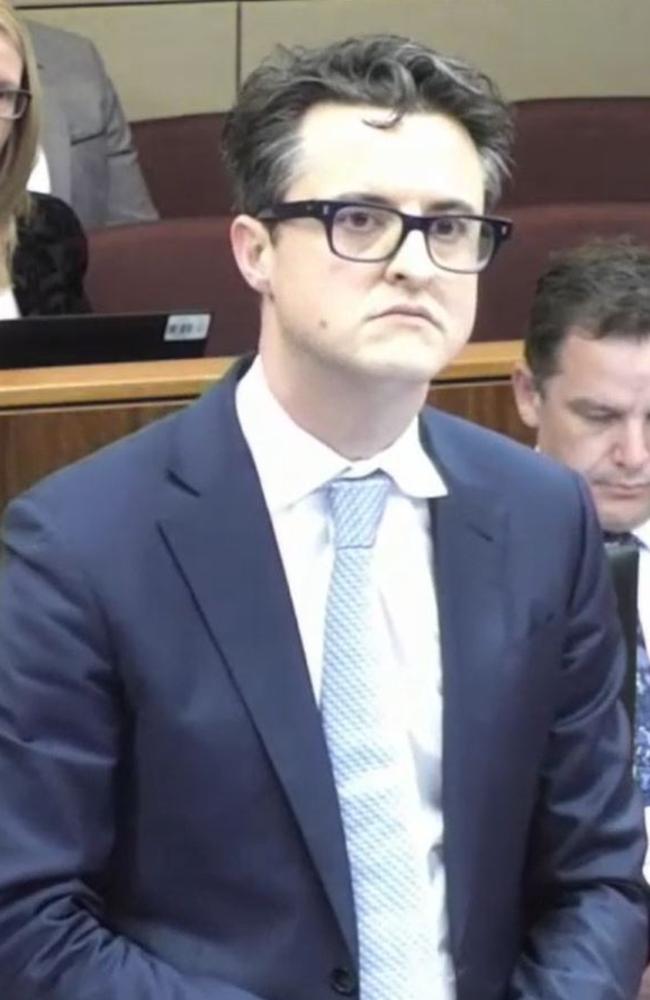
The commission heard Ms Allen had forced three other scientists present when Ms Reeves was throwing out documents to attend an interview with her, sending them a formal email invite.
“Did you think this was completely mad that you were summonsing three employees in to have an interview with you with this kind of menacing email in order to ask them what they could remember about documents going into a confidential bin,” Mr Hodge asked.
“I didn’t necessarily think it was mad. I thought it was the process,” Ms Allen said.
He asked: “Isn’t it the case that you were pursuing these scientists because consistent with the culture that you had established in the lab that somebody who spoke out, somebody who didn’t agree with you, somebody who you didn’t agree was on your team would be subject to recriminations?”
“No that’s not true,” Ms Allen said.
“And that’s what this was about, this was retribution because you regarded them as being on Ms Reeves’s side,” Mr Hodge asked.
“No that’s not true,” she said.
Throughout her evidence, Ms Allen was denied operating the lab like a factory line where there was an emphasis on doing things quickly instead of correctly.
She refuted there was a culture where staff felt they could not speak up for fear of reprisals and denied that she had tried to control personal aspects of the workplace including people’s ability to work from home or take leave.
Notes from a management meeting in February 2016 were shown to the commission in which it was revealed Ms Allen had asked senior managers to speculate about which of their staff were trying to fall pregnant.
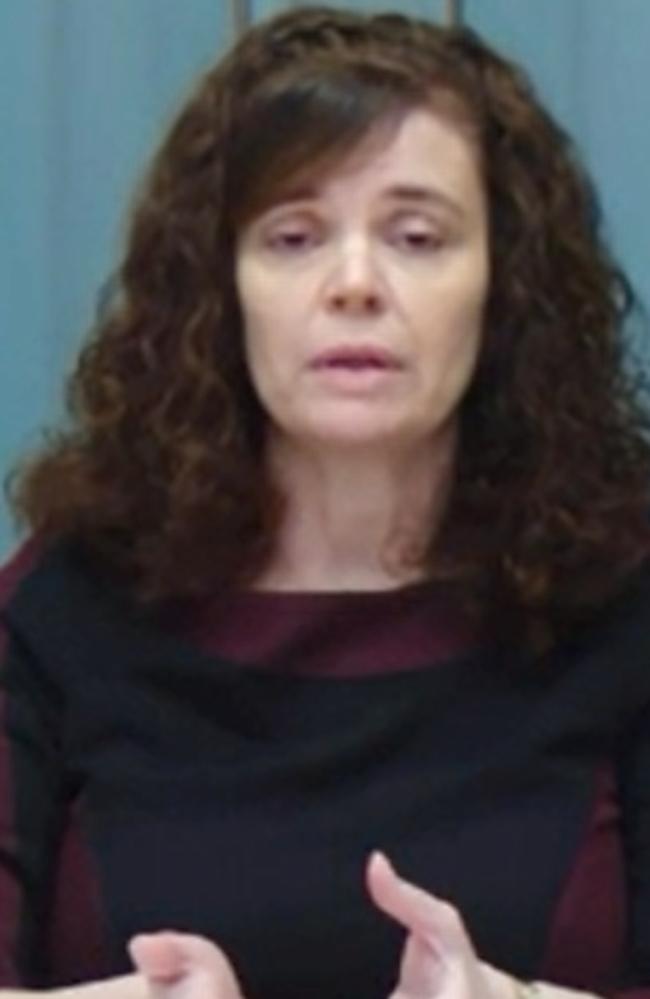
Ms Allen said she’d made the request as part of preparing a budget, saying she wasn’t trying to discourage pregnancies.
“Do you agree with me that to ask senior managers to speculate about which members of staff were likely to be trying to get pregnant is an invasion of privacy?,” Mr Hodge asked.
“It could be seen as that yes but that was not necessarily my intention at the time.”
She refuted the request carried the implication that decisions about staff and employment would be made on the basis of their fertility and said it was not the case that young women would be less likely to be hired in the DNA lab.
The inquiry also heard evidence about Ms Allen implementing a rule that scientists needed to seek her permission if they wanted to “rework” DNA samples.
One possible outcome of a rework was that scientists could provide greater certainty to police about a DNA match.
Another outcome may be that scientists instead found that in a case in which they’d previously told police there was a likely match, the “rework” had shown a more complex profile which reduced their certainty.
Mr Sofronoff put to Ms Allen that evidence before the commission including emails gave the impression she may have been stopping reworks on tests which could have a negative impact on a police case like in the second scenario, even if it meant the evidence they were using to prosecute a case was incorrect.
Ms Allen was asked about an email in which she indicated that by implementing a rule in which cases weren’t reworked without her permission, an “issue” would not be encountered again.
She said she was not referring to the issue as being reworked cases that contradicted previous evidence given to police. She said she instead meant the “issue” was that she was unaware of the particular rework results and therefore unable to explain them to police.
She said in hindsight, she should have worded the email better.
Her response prompted questioning from Mr Sofronoff about whether she believed she was qualified for the role she held, pointing out that a high level of oral and written communication skills was required.
Ms Allen said she believed she was qualified.
The inquiry continues.




